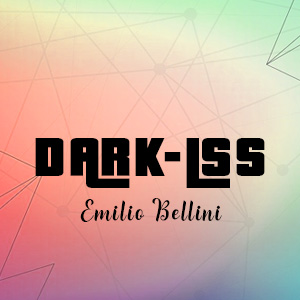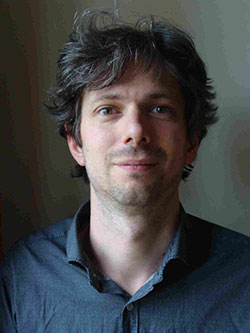
Light the dark: testing gravity with the large scale structure of the universe - DARK-LSS
Over the past two decades, cosmology has experienced tremendous progresses, due to the enormous amount of data collected from the Cosmic Microwave Background (CMB) and the Large Scale Structure (LSS) of the universe. On top of that, the recent and ground-breaking discovery of Gravitational Waves (GW) opened up new exciting scenarios, where both light and gravity can be used as messengers that carry out information about the nature of gravity itself. The main bottle neck of standard cosmology (using light as a messenger) seems how to extract information from the clustering properties of matter, i.e. the non-linear scales of the LSS. This, together with the numerous theories of gravity proposed, poses a serious challenge when one tries to test the laws of gravity in this regime. I have a key combination of advanced expertise in theoretical, numerical and observational aspects of cosmology, which particularly places me in a unique position to carry on a program aimed at testing gravity. Building on my previous work and on several potential collaborations, my plan is to 1) build a general framework where alternative theories of gravity can be encoded. The main goal will be to link the linear and non-linear regime, to optimize the computationally expensive non-linear dynamics; 2) study the phenomenology of general deviations from General Relativity (GR), compare them with data to reduce the viable parameter space; 3) build fast and accurate tools to emulate the non-linear evolution of the universe using N-Body simulations. All these points, will shed lights on our understanding of the theory of gravity. They will deliver flexible and open source tools, and they are essential to be prepared for the next generation of surveys (such as Euclid, LSST, SKA, Stage 4 CMB).

Emilio Bellini – INFN TRIESTE
D.r Bellini is a Fellini fellow at the INFN unit of Trieste. He completed his PhD in Physics (2013) at the University of Padova, with a thesis on the growth of cosmological structures in alternative theories of gravity. After that, he enjoyed several postdoctoral experiences, namely Heidelberg, Barcelona, Oxford, Geneve. His research covers several aspects of the broad field of cosmology. In particular it is devoted to study the nature of gravity on cosmological scales by scrutinising the evolution of linear and non-linear perturbations in an expanding universe.
Back to Category
